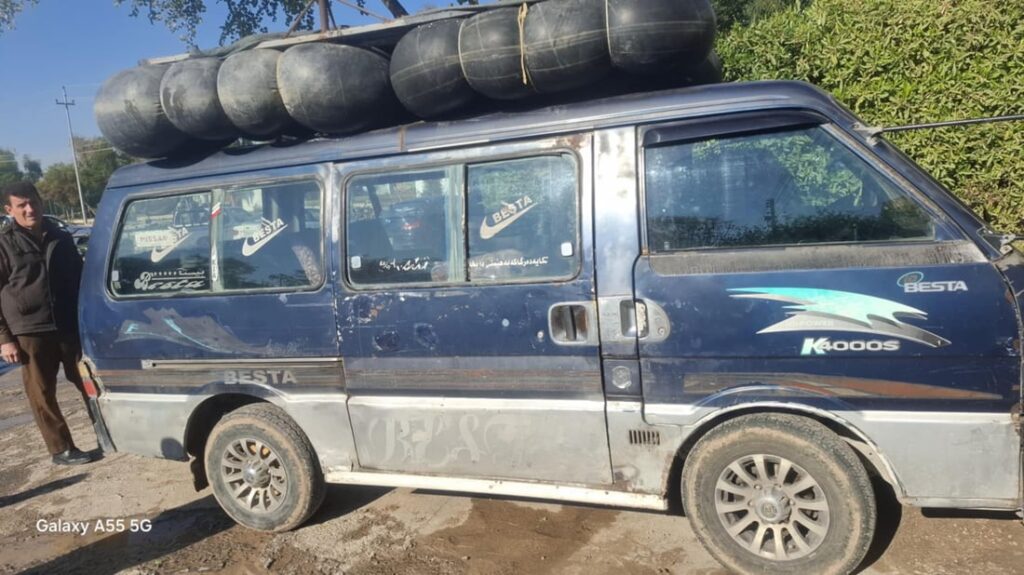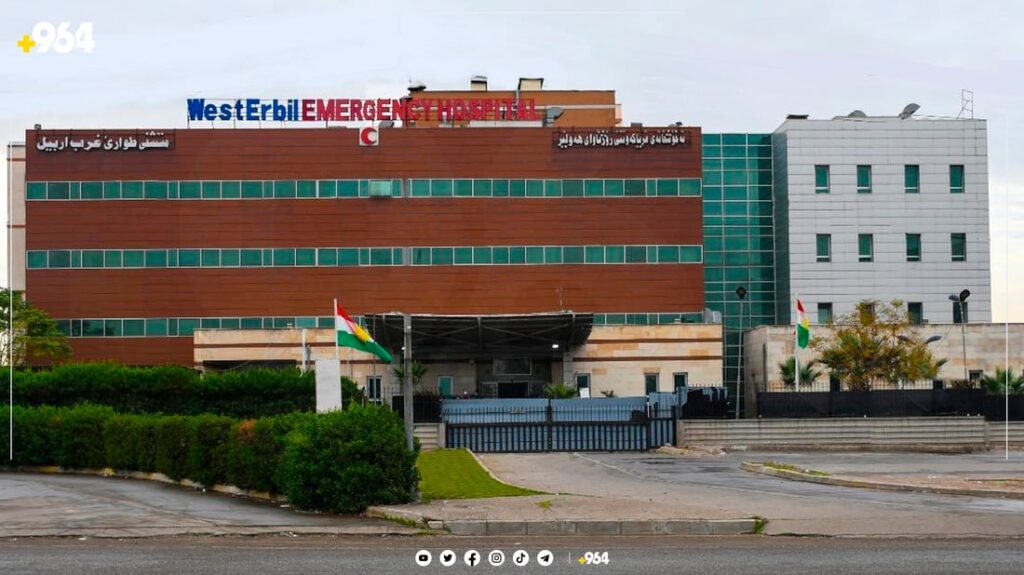Iraqi forces decide to keep out of Israel’s battles with Hezbollah and Iran

The Iraqi political and armed forces affiliated to Tehran have decided to distance themselves from Israel’s battles with Hezbollah and Iran, fearing that expanding the growing Middle Eastern wars could ruin Iraq and their own positions.
Iraqi officials and leaders of Iranian-backed armed factions told Middle East Eye that the focus instead will be on providing humanitarian aid and financial support to civilians affected by Israel’s war on Lebanon.
No US interests or military bases in Iraq or Syria will be targeted by Iraqi armed factions until further notice, commanders said.
Over the past year, Israel’s onslaught on Gaza has drawn reprisals from Hezbollah in Lebanon, Yemen’s Ansar Allah (commonly known as the Houthi movement), and Iraqi paramilitary groups.
Meanwhile, Israel has begun waging war on Lebanon. It has also killed Hezbollah’s leader, Hassan Nasrallah, and assassinated Ismail Haniyeh, Hamas’ political leader, in Tehran.
In response, Iran rained ballistic missiles on Israel on Tuesday, causing significant damage to Israeli military bases.
The escalation has raised the prospect of further Iraqi participation, whether through Iraq’s regular military or its multitude of paramilitary groups.
However, Iraqi officials say there is a belief that this would lead to the collapse of Iraq’s political, economic and military system and the fall of its government.
Sudani seeks calm
Over recent days, Iraqi Prime Minister Mohammed Shia al-Sudani has held dozens of meetings with political leaders, commanders of armed factions allied with Iran and the top brass of Iraq’s security services.
According to one of Sudani’s advisers, the prime minister sought to “explain the reality of the situation facing Iraq and the consequences of any Iraqi party getting involved in the ongoing conflict”.
He also met with various Arab and western diplomats, and spoke to several neighbouring leaders, including the Egyptian president, Qatar’s emir and the king of Jordan.
Sudani pressed them to help “stop the ongoing Zionist aggression on Lebanon and Gaza, which threatens to expand the conflict throughout the region", his adviser said.
'Sudani has been striving to deprive the Israelis of any pretext that could be used to strike Iraq'
- Adviser to the prime minister
Iraqi officials and commanders of armed factions told MEE they believe Iraq will be one of four countries that Israel will strike soon, in response to the Iranian missile attack.
A succession of dramatic and ruthless Israeli attacks on Lebanon and Hezbollah over the past two weeks have been met joyously by Israel’s leadership and public.
Yet, Sudani’s adviser noted, “the Iranian missiles have dispelled their euphoria”.
“This means that it will definitely respond to this attack. Israel will inevitably attack Iraq, as it will attack Syria and Yemen, in addition to some oil facilities in Iran,” he said.
"Sudani has been striving to deprive the Israelis of any pretext that could be used to strike Iraq,” the adviser added.
"Iraq's political, security and economic situation is fragile and will not endure any party's adventure. Any ill-considered action in the coming days will have a high price and could burn everything."
Potential targets
Sources in the armed factions and security services predict Israel could hit several targets, including the headquarters of the Popular Mobilisation Forces (PMF), a governmental umbrella organisation that oversees various paramilitaries, including those close to Iran.
Last week, rumours were rife in political and media circles that Israel had drawn up a list of 35 targets in Iraq, including the locations and names of political leaders and the heads of armed factions.
Yet paramilitary commanders and security officials insisted to MEE there is no indication that such a list exists.
“Its targets in Iraq are known and clear. It will attack the camps of some armed factions, as well as the camps and headquarters of the Popular Mobilisation Forces, and may target some commanders of the armed factions,” a senior PMF official told MEE.
“The only two figures who are actually targeted are Akram al-Kaabi, the commander of Harakat Hezbollah al-Nujaba, and Abu Hussein al-Muhammadawi, the commander of Kataeb Hezbollah,” the official said.




